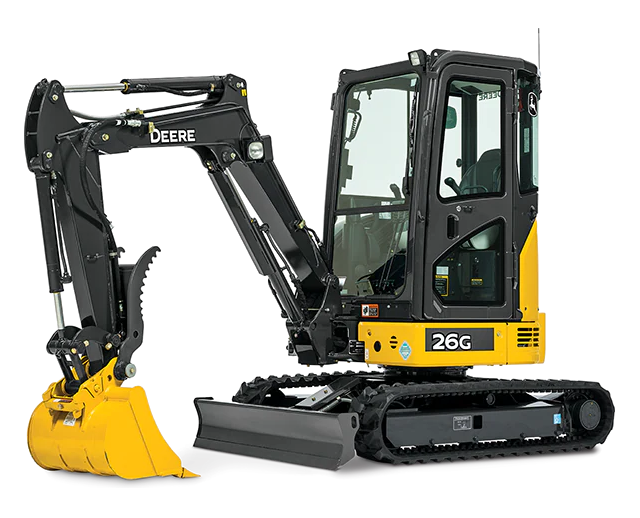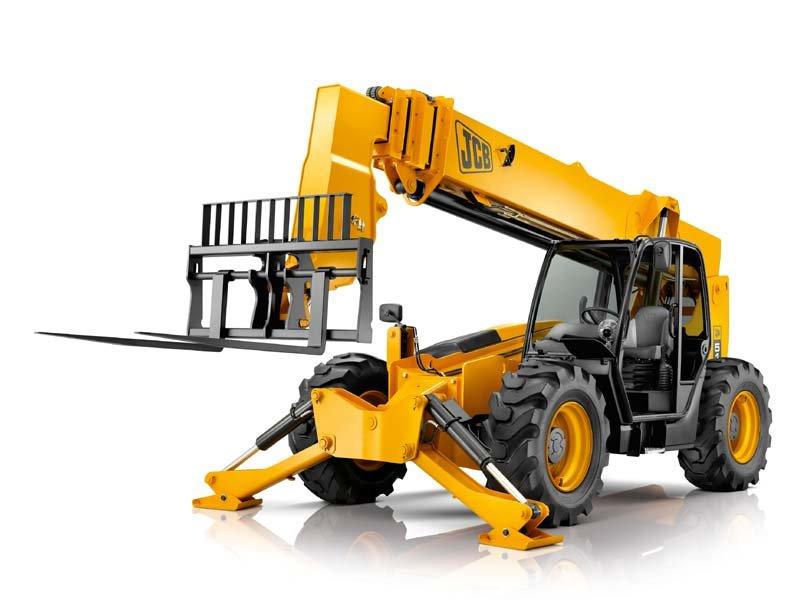Mini Excavator Rental: Compact Machines for Strict Spaces
Mini Excavator Rental: Compact Machines for Strict Spaces
Blog Article
Optimize Your Budget Plan by Understanding the Costs Connected With Building And Construction Tools Leasings
Comprehending the complete scope of expenses connected with construction devices services is essential for optimizing your spending plan. What techniques can be utilized to properly manage these costs and make sure an extra efficient rental experience?
Introduction of Rental Expenses
When taking into consideration building equipment services, understanding the linked expenses is extremely important for efficient budgeting and project preparation. Rental costs can differ substantially based on numerous elements, including devices type, period of service, and area. The preliminary rental fee usually shows the tools's market need and its associated operational capacities, influencing the general expenditure.
Along with the base rental rate, secondary costs may arise, such as transportation charges, gas surcharges, and maintenance fees. It is important to represent these added expenditures to accurately examine the complete price of renting devices. Moreover, the rental duration can impact pricing; longer leasings might get discounted rates, while temporary leasings may sustain greater daily charges.

Malfunction of Rental Rates
A comprehensive understanding of rental prices is necessary for service providers and job supervisors aiming to enhance their budget plans. Rental prices for building and construction equipment typically contain several components, including base prices, time-based charges, and use fees.
Base prices are the core fees connected with the leasing of the equipment, commonly established by the type and size of the machinery. These prices can vary dramatically, influenced by factors such as tools need, accessibility, and regional market trends. Time-based fees, which may be daily, weekly, or monthly, serve to fit various task timelines and rental durations.
Additionally, rental prices might include use costs, which are applicable when devices is used past a specified limit, ensuring that the rental company can represent wear and tear. Seasonal demand fluctuations can additionally affect rental prices, with peak building and construction seasons normally commanding higher costs.
In addition, comprehending the rental firm's plans concerning upkeep and insurance coverage can offer further understanding right into the general cost structure. By assessing these parts, contractors can make educated decisions, ensuring the selection of rental equipment straightens with both job demands and budget plan constraints.
Extra Costs to Think About
Comprehending the intricacies of extra fees is essential for professionals to handle their general leasing expenditures efficiently. Beyond the conventional rental rates, numerous additional charges can substantially influence the overall price of tools rental. These charges usually consist of shipment and pick-up charges, which can vary based upon distance and logistics associated with transferring the equipment to and from the job site.
Furthermore, some rental companies may impose gas surcharges if the tools is returned with less gas than when rented out. It is additionally important to be conscious of prospective cleansing charges, especially for specialized devices that requires detailed upkeep after usage.

Completely reviewing the rental arrangement and making clear these added charges in advance can help service providers ensure and prevent unexpected expenses that budgets continue to be undamaged throughout the project lifecycle.
Maintenance and Repair Expenses
Normal repair and maintenance expenses are commonly forgotten aspects that can dramatically affect the general cost of building tools rentals. When renting out tools, it is crucial to think about not only the rental charges but also the potential costs linked with keeping the machinery in ideal operating problem.
Many rental business consist of basic maintenance as part of the rental agreement; nevertheless, much more unexpected failures or comprehensive fixings can result in additional expenses. It's necessary to assess the rental agreement thoroughly to understand what maintenance services are covered and what responsibilities fall on the renter.
Furthermore, equipment that is not well-kept can result in inadequacies at work site, potentially creating hold-ups and boosting task costs. To minimize these dangers, it is suggested to conduct regular evaluations and keep open interaction with the rental service provider concerning any type of problems useful source that develop during usage.
Insurance Policy and Obligation Prices
Insurance coverage and liability expenses are essential components that can significantly influence the overall expenditure of building and construction equipment leasings (construction equipment rentals). These prices make certain that both the rental company and the client are protected from potential financial losses arising from mishaps, damage, or theft throughout the rental period

Furthermore, customers need to recognize any type of deductibles or exclusions in the insurance coverage plan, as these can affect possible out-of-pocket expenses. Recognizing the terms of any kind of insurance policy coverage is essential to stay clear of unforeseen costs. Eventually, budgeting for insurance coverage and obligation expenses can assist ensure a smoother rental experience and secure against monetary threats related visit their website to building tasks.
Verdict
In verdict, a comprehensive understanding of the prices linked with building equipment services is crucial for effective budget plan management. Eventually, informed decision-making relating to devices rentals contributes to the overall success of building ventures.
Rental costs can differ considerably based on a number of right here variables, consisting of equipment type, duration of leasing, and location (equipment rental company). The rental period can influence prices; longer rentals might qualify for discounted prices, while short-term services may sustain higher daily costs
By conducting comprehensive research and involving with reputable rental business, specialists can efficiently navigate the intricacies of rental pricing, ultimately optimizing their economic sources.
Past the basic rental prices, various supplemental fees can dramatically influence the total cost of devices rental. Rental firms typically give obligation insurance policy that covers injuries to third parties or damages to property, while tools damages insurance can cover the price of fixings or replacement if the rented tools is harmed.
Report this page